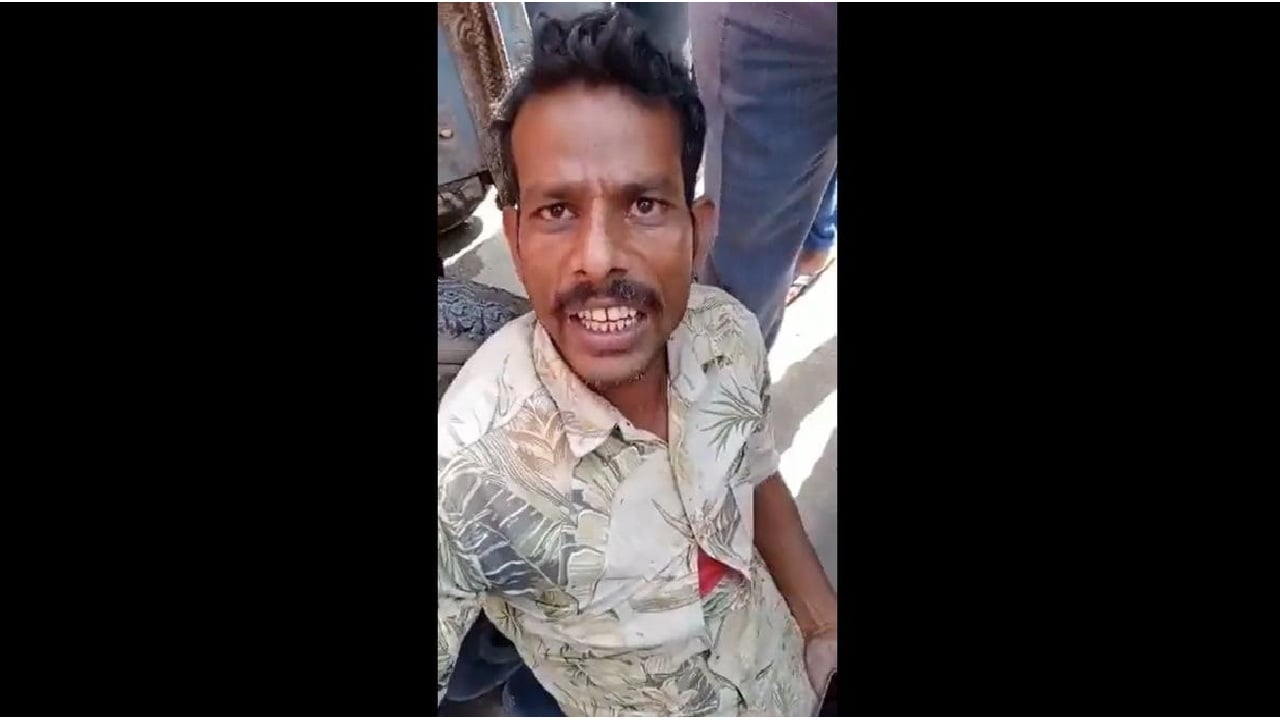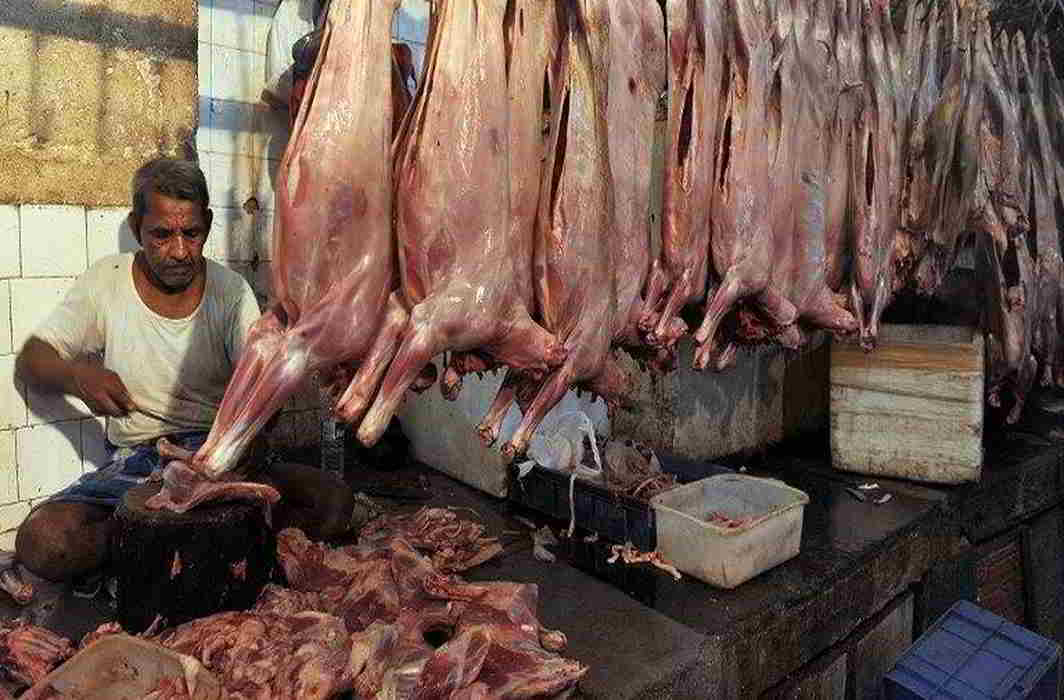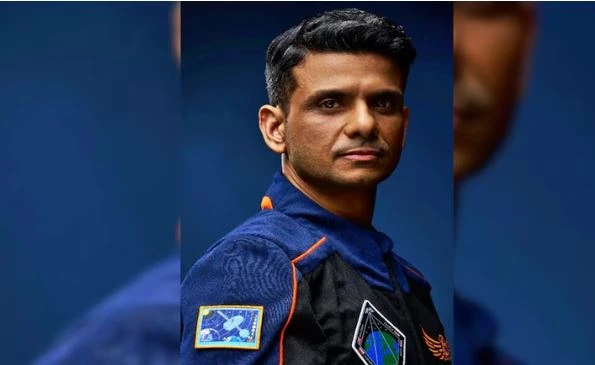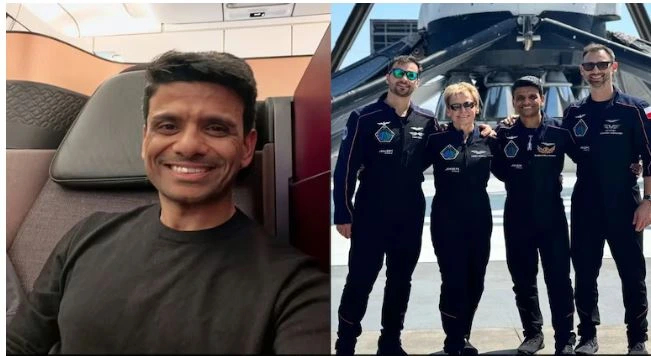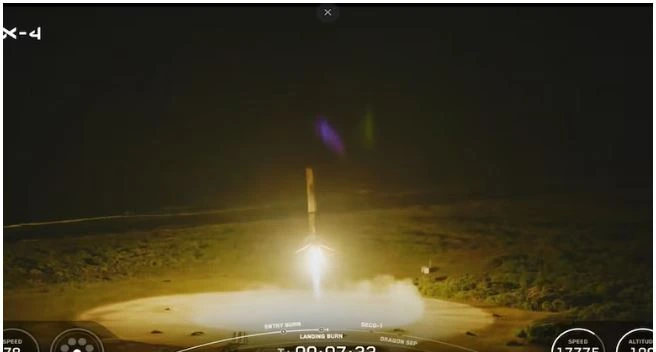Latest Science News
Scientists find natural food preservative from bacteria
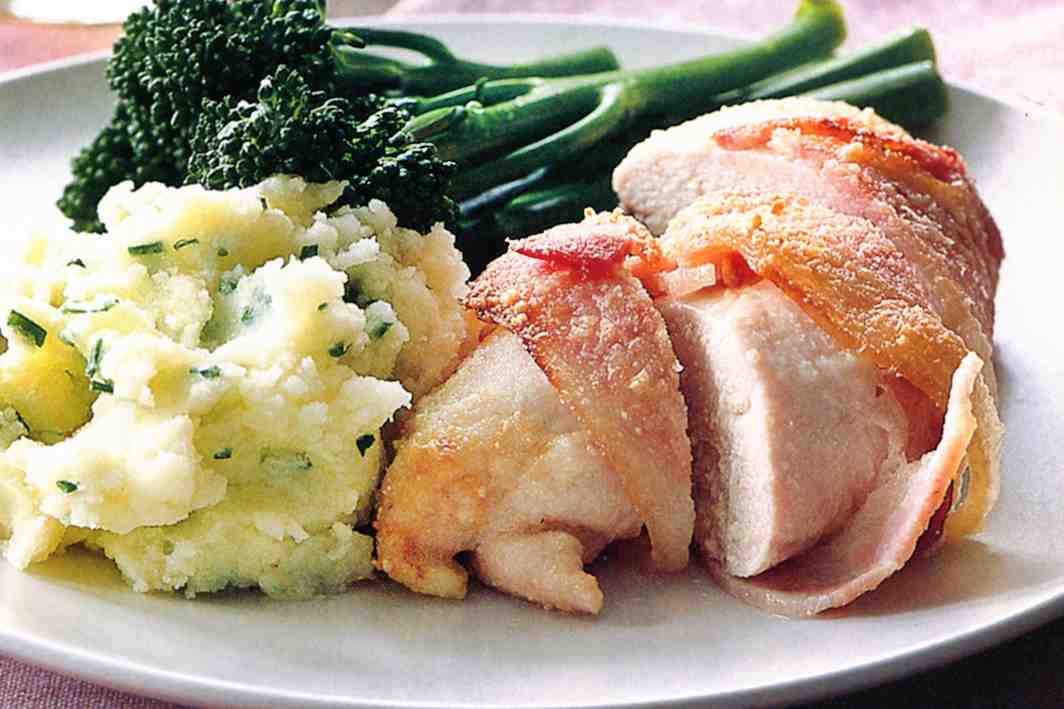
Latest Science News
Astronaut Shubhanshu Shukla to meet PM Modi after return from historic space mission
Astronaut Shubhanshu Shukla, who recently returned from the ISS as part of the Axiom-4 mission, will meet PM Modi this evening. Parliament will also hold a special discussion on his historic journey.
India News
Shubhanshu Shukla pens emotional note as he returns to India after space mission
Indian astronaut Shubhanshu Shukla penned an emotional Instagram post as he returned to India after his 18-day ISS mission, marking a milestone in India’s space journey.
Latest Science News
Shubhanshu Shukla becomes second Indian in space, lifts off for ISS aboard Axiom-4 mission
Group Captain Shubhanshu Shukla becomes the second Indian astronaut to travel to space after four decades, aboard the Axiom-4 mission to the International Space Station.
-

 India News2 hours ago
India News2 hours agoJNU protest turns violent as Left and Right student groups trade charges
-

 India News3 hours ago
India News3 hours agoDevendra Fadnavis seeks CBI probe into Ajit Pawar plane crash
-

 LATEST SPORTS NEWS3 hours ago
LATEST SPORTS NEWS3 hours agoICC Men’s T20 World Cup 2026: South Africa outclass India with smart slower-ball strategy in Super 8
-

 India News3 hours ago
India News3 hours agoWorld praised India’s AI potential at AI Impact Summit, says PM Modi




